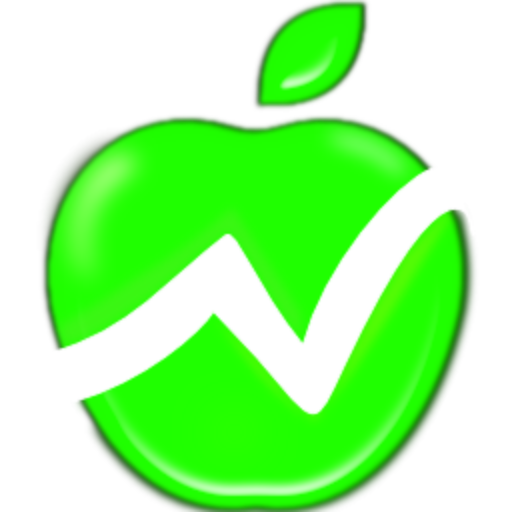Many women experience significant weight gain after having their baby. Pregnancy itself and metabolic changes during this period lead to weight gain. Many women want to know how to lose weight after pregnancy, not just for aesthetic reasons, but because disproportionate weight gain can lead to certain diseases.
Nutrition Tips on How to Lose Weight After Pregnancy
Fruits and Vegetables
Firstly, it’s important to incorporate fruits and vegetables into your diet. These are very important because they provide vitamins, minerals, and antioxidants, which strengthen the immune system. Always remember, you need to lose weight healthily, which means strengthening all body systems.
- Apples
- Oranges
- Bananas
- Strawberries
- Mangos
Whole Grains
Secondly, let’s talk about whole grains, and believe me you need to incorporate them in your life, it is not just about losing weight, they will prevent you from getting your energy from bad sources.
They are an excellent source of complex carbohydrates, which means they provide energy in the healthiest possible way and in a sustained manner, since their absorption is slower. What does it mean that the absorption is slower? That the fibers prevent they are absorbed that fast to get in the blood and that means that insulin, which is the hormone that will manage sugar, won’t have a rapid rise.
Insulin converts sugar into fat, that is the point, so more sugar specially without fiber, is the same as more fat because it is like you are attacking or demanding too much insulin when you eat simple sugar. It enters too fast to the blood and the body responds with lots of insulin, that simple. Simple carbohydrates, cause insulin to spike quickly, leading to weight gain and make it more difficult if you want to lose weight after pregnancy.
Let’s see together some examples of good and bad sources of carbohydrates:
Whole Grains:
- Oats
- Brown rice
- Quinoa
- Barley
- Whole wheat
Simple Carbohydrates (Avoid or limit):
- White bread
- Pastries
- Sugary cereals
- Sodas
- Candy
Lean Proteins
I cannot emphasize enough the importance of proteins for health. In the postpartum period, we need to repair and strengthen structures that have weakened, especially if you’ve had a cesarean section or tears during the process. Protein intake is also important for the production of breast milk. However, it’s essential to note that rapid weight loss can negatively affect milk production. Remember one thing in this process, this is all about how to lose weight after pregnancy but in a healthy way, resist the temptation to take a shortcut. Some protein sources to incorporate into your diet are:
- Skinless chicken
- Turkey
- Fish (salmon, tilapia)
- Eggs
- Legumes (lentils, chickpeas, beans)
Healthy Fats
Similarly, healthy fats are critical for the absorption of fat-soluble vitamins, such as A, D, E, and K. But how do healthy fats contribute to weight loss? First, it’s not about eliminating fats to lose body fat.
How Healthy Fats Influence Weight Loss:
- Satiety: Fats help maintain a prolonged feeling of fullness. When the sources of fat are healthy, like avocados and nuts, they also provide other significant nutrients. During the postpartum period, the body is in full recovery, and the focus should be on the quality of food, not just weight loss.
- Reducing Inflammation: Healthy fats are rich in omega-3, found in foods like chia seeds, which have anti-inflammatory properties. Chronic inflammation impacts hormonal balance and can be significant for women trying to lose weight after childbirth.
Portion Control
It’s critical to control portions to maintain a healthy weight. While individual needs vary, some general measures include:
- Eat Slowly: Chewing food well aids digestion, which begins in the mouth. It is recommended to chew food 30–40 times, depending on the type of food, to facilitate nutrient extraction.
- Eliminate Distractions: Eating without distractions helps promote mindful eating, making you more aware of how much you are eating and preventing overeating.
- Measure Your Portions: Use measuring cups for cereals and tubers, as these are typically higher in calories. For proteins, a portion about the size of your palm is a good measure.
Healthy Snacks
Healthy snacks help maintain satiety. While it’s not mandatory to snack, if you do, focus on nutritious options rather than refined sugars. This way, you have the opportunity to add nutrients that may be missing from your diet, like antioxidants. But of course, that occasionally, it’s okay to have a “less healthy snack”, you know what I mean, but it shouldn’t be the norm in your life. Some healthy snacks could be:
- Fresh Fruits with Greek Yogurt:
- Benefits: High in fiber and antioxidants, low in calories.
- Example: Greek yogurt with blueberries.
- Whole Grain Toast with Avocado:
- Benefits: Fiber from whole grain toast and healthy fats from avocado help maintain satiety.
- Example: Whole grain toast with mashed avocado and a bit of lemon.
- Nuts and Seeds:
- Benefits: Rich in healthy fats, proteins, and fiber, which help control appetite.
- Example: A small handful of almonds and chia seeds.
Hydration
Hydration is fundamental, to lose weight after pregnancy. Firstly, it helps reduce appetite, plus drinking enough water increases the frequency of urination, which helps eliminate excess fluids and prevents postpartum fluid retention, but it is also important for milk production, all contributing to healthy weight loss.
Conclusion
Finally, remember that if you want to lose weight after pregnancy, it is essential to maintain good hydration and nutrition, focusing on low-calorie and nutrient-rich foods like unsweetened yogurt, green apples, and blueberries. Don’t forget to stay well-hydrated to promote milk production and avoid rapid weight loss to ensure it doesn’t affect milk production.


